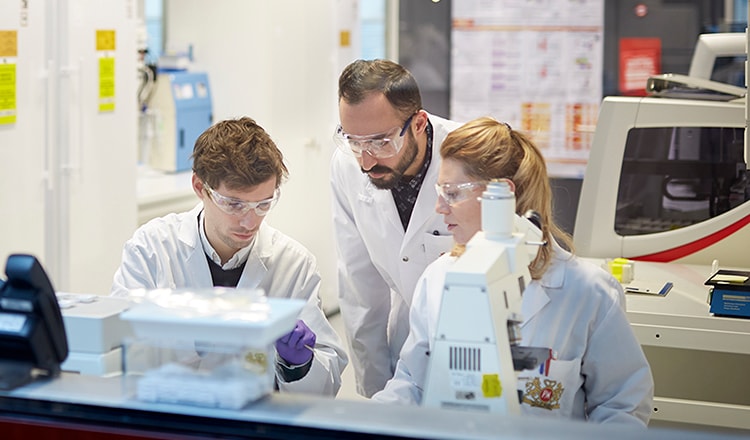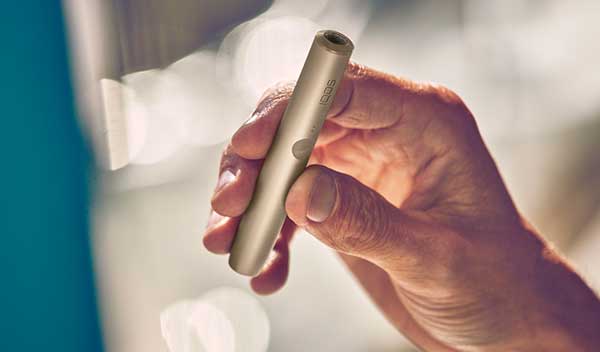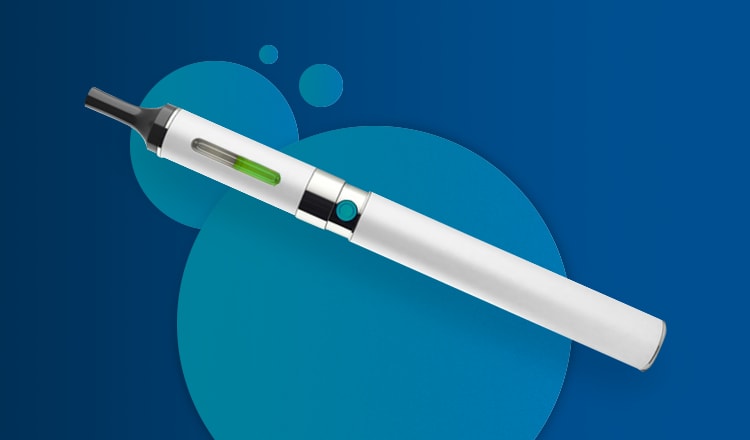The basic ritual of smoking is simple.
A smoker lights a cigarette, starting a high-temperature reaction known as burning, or combustion.
The
consumer draws air through the lit cigarette for a certain number of puffs, until the tobacco leaves and paper are completely burned away, leaving only the ash.
The burning of the tobacco produces a complex mixture we call smoke.
What’s in cigarette smoke?
Cigarette smoke contains flavors from the tobacco blend, as well as nicotine that exists naturally in tobacco leaves. It’s these elements in the smoke that consumers enjoy while smoking.
However, the very same burning
process that releases the tobacco flavors and nicotine also produces over 6,000 chemicals, of which about 100 have been identified as causes or potential causes of smoking-related diseases, such as lung cancer, cardiovascular disease, and emphysema.

We’ve found other ways to enjoy tobacco—without burning it
Since burning tobacco creates so many harmful chemicals, we asked our scientists and engineers to find other satisfying ways to deliver flavor and nicotine for current smokers.
Through years of research and development,
we’ve developed a new class of breakthrough products that do not rely on the principle of burning—and which we believe are a much better choice than smoking.
Since none of these products burn tobacco, they
don’t reach the high temperatures, above 600°C, needed to combust material and produce smoke. Instead, we have found several ways to produce a flavorful nicotine-containing aerosol that a consumer can inhale, but that has significantly lower levels of harmful chemicals than cigarettes.
Heated Tobacco Products (HTPs)
Our first products rely on two innovative ways to heat tobacco just enough to release nicotine and flavors, in a vapor form, without actually burning the tobacco.
We have two products based on this heat-not-burn principle:
One generates heat using an electric heat source that keeps the temperature of the heated tobacco unit strictly controlled. Around 22.1 million million smokers have already switched to this product and stopped smoking completely.
The other uses a carbon heat source that the consumer lights. However, thanks to product development breakthroughs, the tobacco in the tobacco stick doesn’t burn.
Products without tobacco
We have also found two other ways to deliver flavors and nicotine without using tobacco. Using nicotine extracted from tobacco leaves, they produce flavorful nicotine-containing aerosols in distinctly different ways.
One heats liquid nicotine with an electric heat source to release a vapor, like an e-cigarette, but with significant improvements. Our new approach to e-vapor generation is currently being tested.
The other produces an aerosol from nicotine powder without electronics.
While not risk-free, all of these breakthrough products are a better alternative to smoking—but the best choice is to quit or not to start smoking.








